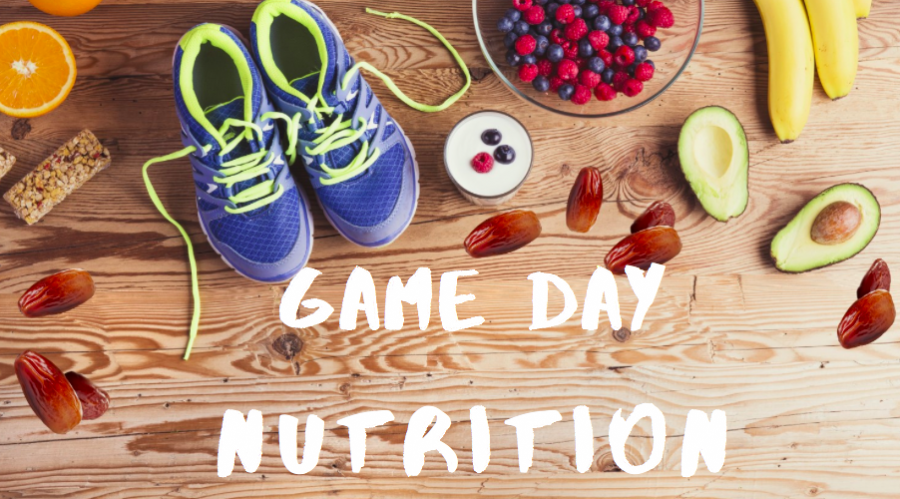Game Day Nutrition
May 9, 2019
Focus on Carbs
Carbohydrates are easily digestible. They are the main source of energy for our brains and bodies to function properly. They improve athletic performance by delaying fatigue and allowing athletes to compete at higher level and for a longer amount of time.
What to eat: whole grains are best including, whole wheat bread, pasta, quinoa, brown rice and beans
Caution With High Protein and Fatty Foods
These foods take longer to digest and may cause your stomach to hurt. They won’t provide you with the amount of energy you need during a game. Fatty foods may leave you feeling tired and sluggish.
What to avoid: greasy, fried foods and fatty deserts such as, french fries and pizza
Lots of Fluids
Water regulates your body temperature and lubricates your joints. It helps transport nutrients to you body which gives you energy. If you are not hydrated your body will not be able to get to its highest level it is able to perform at.
Symptoms of dehydration: feeling tired, muscle cramps, headaches, nausea and dizziness
Timing is Key
What you eat is as important as when you eat when you have an athletic event. Your body needs 2 to 3 hours to digest a regular meal like, breakfast, lunch, or dinner while a small snack can be eaten 30 minutes to an hour before a game.







